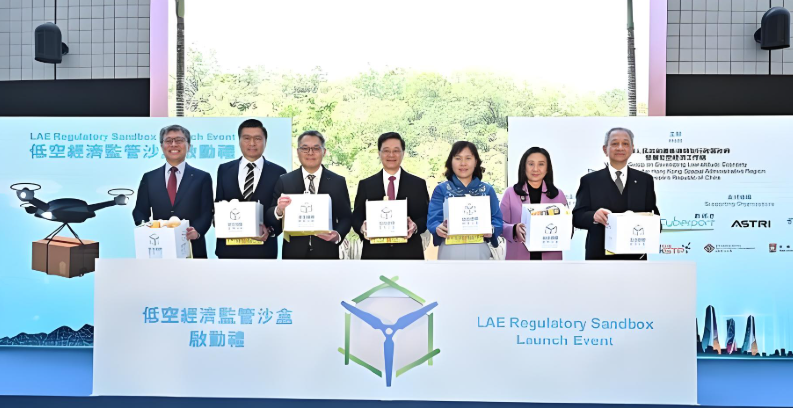 AI Digest Pending…
AI Digest Pending…
In a recent blog post, Ms. Chen Meibao, Secretary for Transport and Logistics of the Hong Kong Special Administrative Region Government, announced plans to amend legislation related to the low-altitude economy to foster its development in the region. This initiative seeks not only to position Hong Kong as a pioneer in low-altitude economic activities but also to provide a legal framework reference for other jurisdictions. Leveraging Hong Kong's influence in international aviation, the goal is to establish world-class management standards for low-altitude airspace.

The legislative revisions will encompass the Small Unmanned Aircraft Order and the Flying (Hong Kong) Order 1995. Amendments to the Small Unmanned Aircraft Order will permit cross-border operations of small drones authorized by the Civil Aviation Department, marking a significant advancement for commercial and technological development. Additionally, the Flying (Hong Kong) Order (Amendment) 1995 will enable trials of non-traditional aircraft, which may further accelerate innovation and technological progress.
Ms. Chen emphasized that these legal adjustments aim to address Hong Kong's unique challenges while aligning with emerging international standards, ensuring regulatory measures meet local needs while contributing to global low-altitude economy standardization. Beyond pilot programs and legislative reforms, the government is advancing supporting initiatives, including studies on low-altitude infrastructure, takeoff/landing site planning, charging facility design, and optimization of route networks, communications systems, and global navigation satellite system (GNSS) signal reception.
These efforts underscore Hong Kong's commitment to becoming a leading international innovation and technology hub, with the low-altitude economy positioned as a catalyst for economic growth and industrial diversification.
